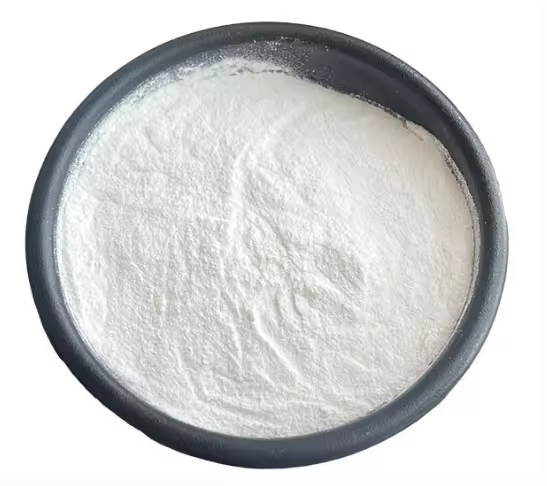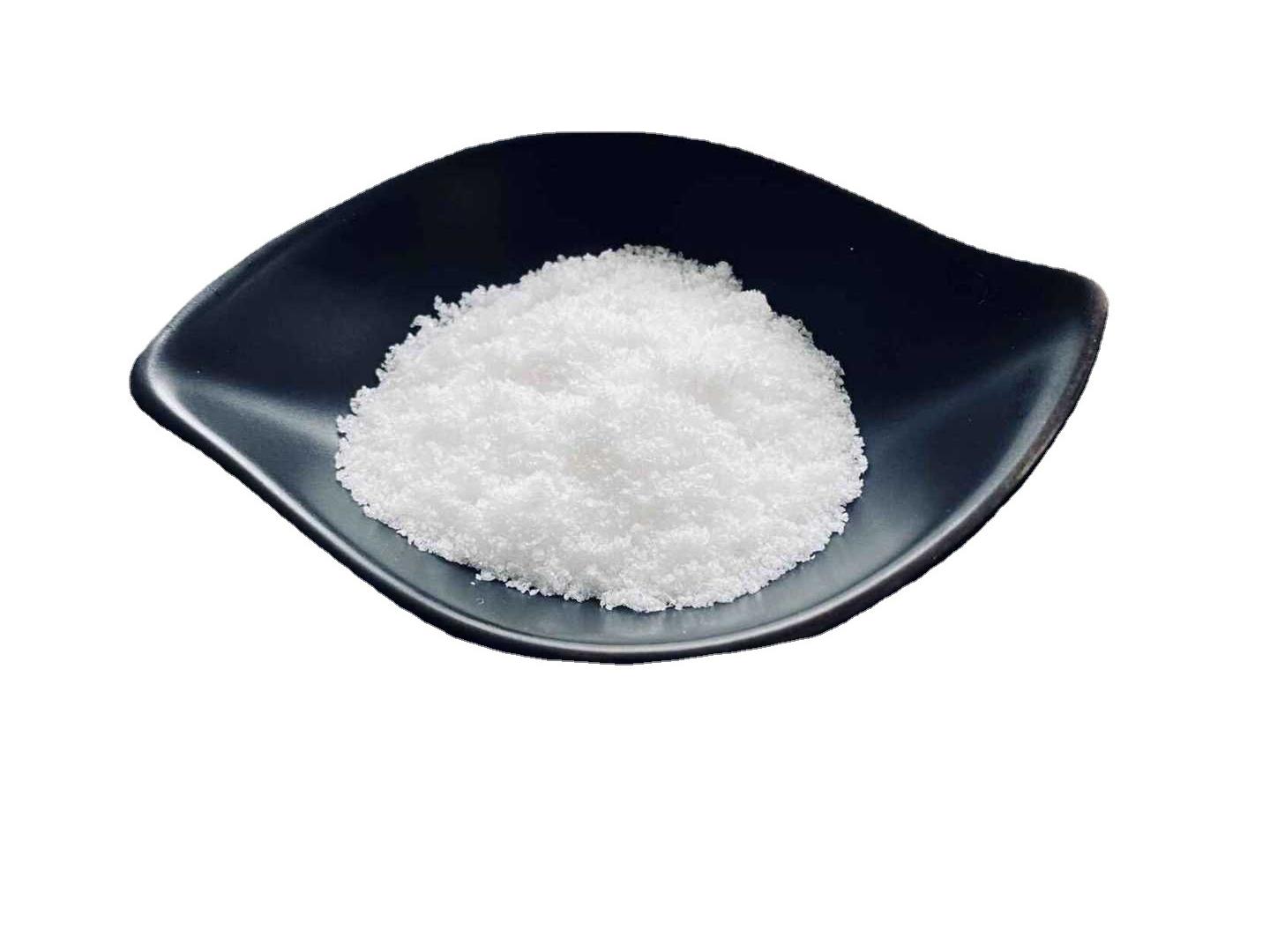Branched-Chain Amino Acids BCAA Powder
Testing Method:Titration
Appearance:White Powder
Pesticide Residue:Comply with (EC) No 396/2005 Standard
- Description
- Data Sheet
- Certificate
-
What is Amino BCAA Powder?
BCAAs (branched-chain amino acids, BCAAs) consist of three amino acids: leucine, isoleucine, and valine. Branched chain amino acids are the major amino acids in muscle, accounting for 14-18% of the total muscle amino acids. They have important roles in protein metabolism, including stimulating protein synthesis and inhibiting protein breakdown. In addition, branched-chain amino acids help to strengthen the immune system, prevent body fatigue, and relieve muscle soreness after exercise.
Green Spring Technology supplies Amino BCAA Powder, which uses microencapsulation technology to keep it stable at room temperature (25℃), avoiding the effects of temperature, acidity, oxygen, light, and moisture, and with high bioavailability.
Founded in 2000, Green Spring Technology is a leading biotechnology company in China. It has obtained Halal, Kosher, COSMOS, BRC, IFS, FDA, ISO9001, ISO22000 and many other certifications. With 8 certifications and 7 patents, Green Spring products are sold in more than 62 countries, serving more than 2,450 customers, and are well received.
Specification:
Product Name
BCAA
Testing Method
Titration
Appearance
White Powder
Pesticide Residue
Comply with (EC) No 396/2005 Standard
Regulation:
It conforms to EU regulations.
Looking for a Quotation?Benefits:
Promote Muscle Protein Synthesis
The mTOR signaling pathway is an important eukaryotic signal that regulates cell growth, apoptosis, and autophagy by affecting protein transcription and synthesis. BCAAs, especially leucine, activate the mTOR signaling pathway, which initiates the translation of muscle mRNA proteins, thereby increasing the activity of protein synthesis and translation, and promoting muscle protein synthesis.
Inhibition of Muscle Protein Breakdown
Under traumatic stress conditions, the body's basal metabolic rate increases, and branched-chain amino acids reduce muscle protein catabolism to a certain extent through oxidative energy supply. In addition, there are many studies on the mechanism of inhibition of proteolysis by branched-chain amino acids, and the ubiquitin-proteasome pathway is one of the most recognized ones. The ubiquitin-proteasome pathway mainly mediates protein degradation in the body. The activation of three ubiquitin-activating enzymes (E1, E2, and E3) is required to initiate the protein degradation process. Studies have shown that leucine inhibits the activity of ubiquitin protease E2, thereby downregulating the ubiquitin-proteasome pathway and inhibiting protein breakdown.
Regulation of Glucose Metabolism
Branched-chain amino acids such as leucine, valine, and isoleucine improve insulin resistance better than other amino acids. Leucine in particular is considered to be a potent stimulator of insulin secretion. Leucine stimulates the release of intestinal peptides (e.g. GLP-1), which promotes insulin secretion by increasing the enteric proinsulin effect.
Fatigue Relief
Aromatic amino acids (AAA, e.g. tryptophan) can enter the brain through the blood-brain barrier and produce 5-hydroxytryptophan (5-HT), which is an important mediator of central fatigue, and can stimulate lethargy, loss of appetite, and sleep disorders. BCAA can competitively inhibit AAA from entering the brain, reduce the level of tryptophan in the brain, reduce the production of 5-HT, and alleviate brain fatigue.This effect of BCAA has a very good alleviating effect on postoperative fatigue, which is commonly found in clinics, and it can reduce the sleep disorders of postoperative patients, and promote the recovery of the organism even more.
Promotes Protein Synthesis
Leucine, one of the branched-chain amino acids, is the substrate for glutamine synthesis, and glutamine synthesized from leucine can promote protein synthesis. Studies have shown that leucine is converted into ketoisocaproic acid in muscle cells when ingested by the body, and leucine and ketoisocaproic acid are considered to be regulatory signals for protein synthesis.
Delaying Fatigue
Exercise fatigue occurs through a complex peripheral mechanism, in which exercise-induced exertion, metabolite accumulation, and altered structural and functional status of skeletal muscle cells are most closely related to exercise capacity. Branched-chain amino acids are mainly metabolised by skeletal muscle cells, while metabolites enter the tricarboxylic acid cycle. Supplementation of branched-chain amino acids can improve the efficiency of amino acid utilisation during gluconeogenesis and accelerate hepatic energy conversion. The oxidative energy supply of branched-chain amino acids in skeletal muscle can reduce the consumption and utilisation of myoglycogen.
In addition, exercise causes an increase in the level of tumour necrosis factor in the blood. Tumour necrosis factor enhances the speed of amino acid transport and promotes the oxidation of amino acids for energy supply. Supplementation with branched-chain amino acids allows more amino acids to be oxidised for energy supply and reduces the need for glycogen by the antibodies, which in turn prolongs the time of energy supply and delays fatigue.
Applications:
For Healthcare Products:
Branched Chain Amino Acids (BCAA), as essential amino acids, are involved in sustained exercise energy supply, reduce muscle glycogen depletion and promote muscle protein synthesis. Amino BCAA Powder has been used in a variety of sports drinks.
-
Download
Amino BCAA Powder COA


 English
English French
French Spanish
Spanish Russian
Russian Korean
Korean Japanese
Japanese












